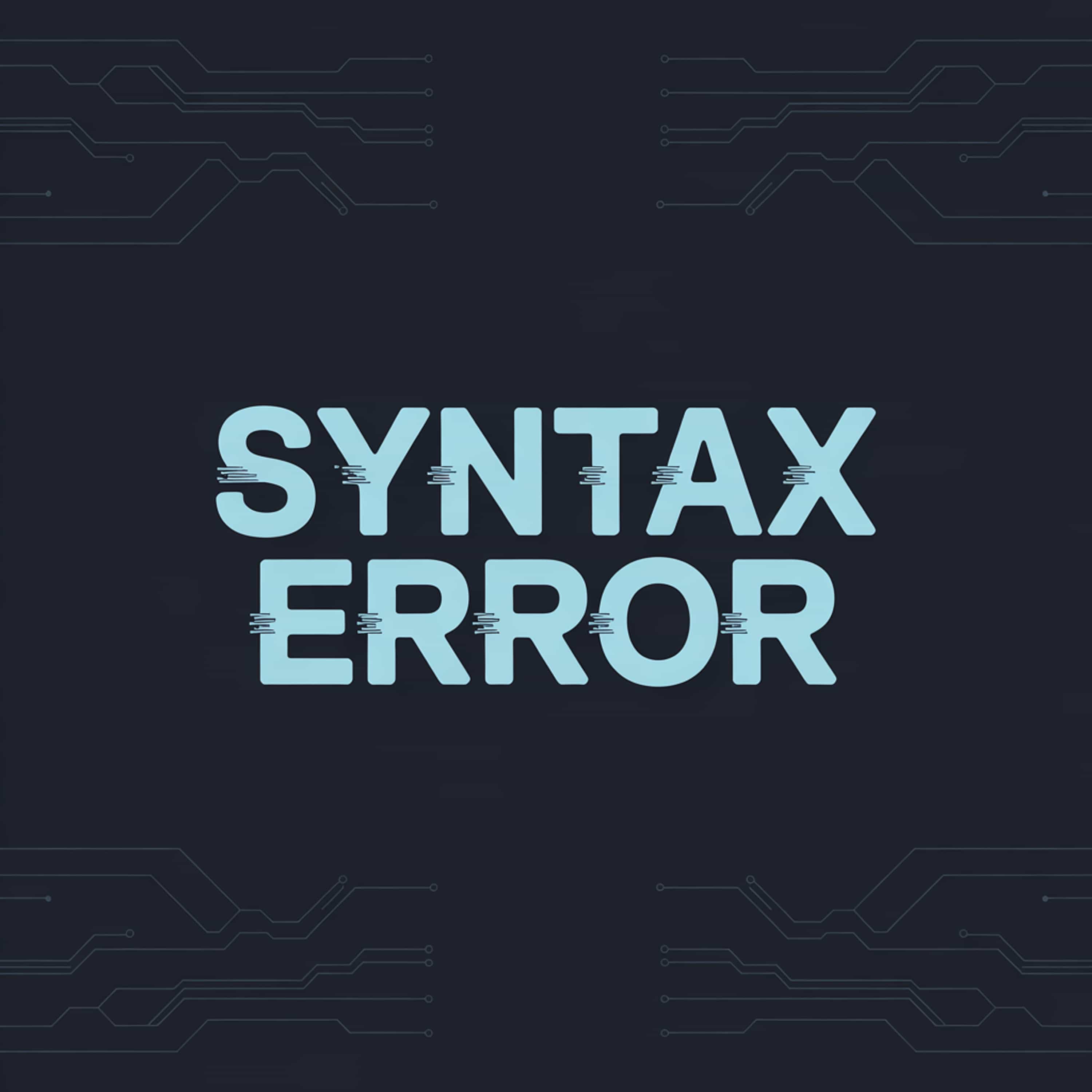AI Audio Creation Revolution
Explore how platforms are transforming podcasting and audio content creation. James investigates customizable AI hosts, multilingual reach, and the power of seamless workflow for storytellers and industry experts alike.
This show was created with Jellypod, the AI Podcast Studio. Create your own podcast with Jellypod today.
Get StartedIs this your podcast and want to remove this banner? Click here.
Chapter 1
The AI-Powered Podcasting Studio
James Mitchell
Alright, so let's talk about this idea of the AI-powered podcasting studio. Now, if you've been following the tech space, you've probably heard the name Supabase thrown around a lot lately. And for good reason. Supabase is basically this all-in-one development platform built on top of Postgres, which, if you ask any database nerd—myself included—is one of the most trusted relational databases out there. But what makes Supabase interesting, especially for audio creators and podcasters, is how it brings together all these backend tools you need to build, launch, and scale an app, or in our case, a podcasting platform, without having to wrangle a dozen different services.
James Mitchell
So, picture this: you want to create a podcasting studio that isn't just a place to record audio, but a full-on platform where you can manage your episodes, authenticate users, store massive audio files, maybe even add some real-time features like live chat or collaborative editing. Supabase gives you all of that out of the box. You get authentication with row-level security, so you can control exactly who sees what. You get instant APIs—seriously, you spin up a database table and boom, you have a RESTful API ready to go. And for those of us who have spent way too many late nights writing boilerplate code just to get a simple API working, that's a game changer.
James Mitchell
But it doesn't stop there. Supabase has this thing called Edge Functions, which lets you write custom backend logic without worrying about deploying or scaling servers. So, if you want to add some AI-powered audio processing—like, say, automatically cleaning up background noise or generating transcripts in real time—you can do that right inside your platform. And then there's storage. Audio files are big, right? Supabase lets you store, organize, and serve those files, whether it's raw recordings, finished episodes, or even video if you're doing vodcasts.
James Mitchell
Now, here's where it gets really interesting for the AI crowd. Supabase supports vector embeddings, which means you can integrate machine learning models—think OpenAI, Hugging Face, that sort of thing—to store, index, and search audio content in ways that just weren't possible before. Imagine being able to search your entire podcast archive for a specific topic, not just by keywords, but by meaning. Or, you know, building a chatbot that can answer listener questions based on everything you've ever recorded. That's not science fiction anymore.
James Mitchell
And the thing is, you don't have to be some kind of backend wizard to get started. Supabase has all these starter templates—Next.js, Flutter, even AI chatbot templates—so you can get up and running in, I don't know, a weekend? That's what they claim, and honestly, from what I've seen, it's not far off. There are stories of founders building AI apps and scaling to a million users in just a few months, or teams migrating from other platforms and seeing better performance at half the cost. I mean, I might be overselling it a bit, but the developer feedback is kind of wild. People are saying it saves them a whole engineer's worth of work, or that they went from idea to launched feature in a matter of hours.
James Mitchell
And, you know, I always say, the best tech is the stuff that gets out of your way and lets you focus on what you actually want to build. For podcasters and audio creators, that means spending less time on infrastructure headaches and more time telling stories, experimenting with new formats, or reaching new audiences. Supabase seems to be hitting that sweet spot—easy to set up, open source, and with a community that's, well, pretty passionate, to put it mildly. I mean, just scroll through their mentions on social media and you'll see what I mean. People are genuinely excited about how much easier it makes their lives.
James Mitchell
So, to sum it up, the AI-powered podcasting studio isn't just about fancy voice models or automated editing—it's about having a platform that brings all the backend magic together, so you can focus on creating. Supabase is one of those tools that's making that possible, and honestly, it's kind of fun to see how fast this space is moving. Alright, that's it for today. If you're thinking about building your own audio platform, or just want to see what all the fuss is about, maybe give Supabase a look. We'll be back soon with more on the future of audio and AI. Thanks for tuning in.
